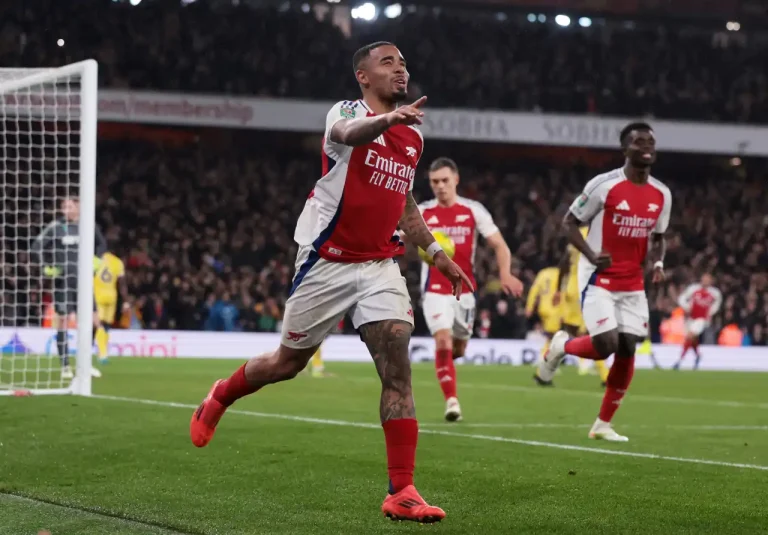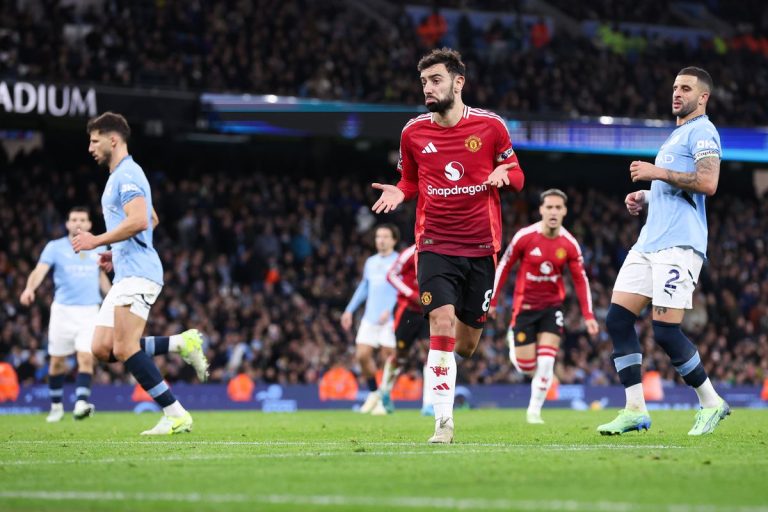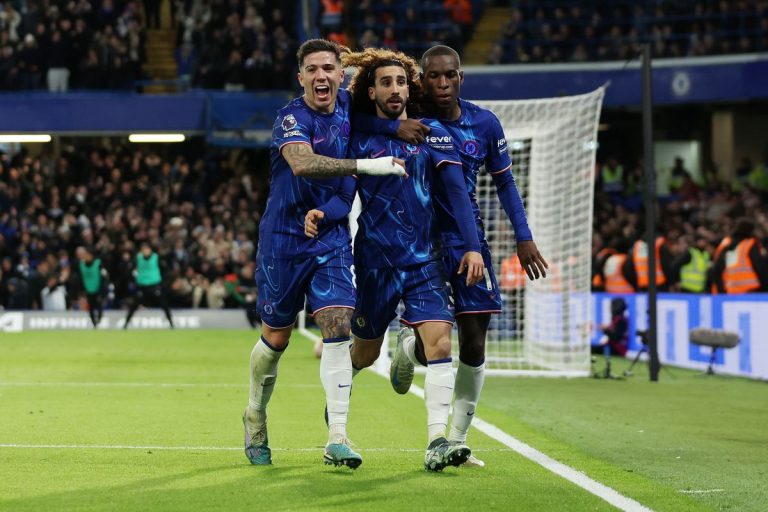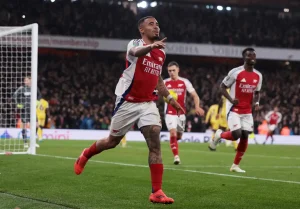The Manchester United duo, Cristiano Ronaldo and Harry Maguire, have turned out to be the Premier League players who have been the most frequent victims of abuse on Twitter. This is the result of a study by the UK’s broadcast media regulator, Ofcom, in collaboration with the Alan Turing Institute.
Quoted from BBC Sport based on the study, Ronaldo was recorded to have received 12,520 abusive tweets or insults in the period from August 13, 2021 to January 24, 2022. That number makes Ronaldo the Premier League player who has received the most abuse on Twitter in the first half of the season 2021-2022. Uniquely, Ronaldo actually got thousands of abusive tweets on the day he officially returned to Man United last season, namely August 27, 2021. Quoted from BBC Sport, the Portugal national team captain received 3,961 abusive tweets or insults after officially returning to Man United.
The second Premier League player who has been the target of the most abuse on Twitter in the first half of the 2021-2022 season is Harry Maguire. Based on the results of a study of Ofcom and the Alan Turing Institute, the peak of “online attacks” that befell Maguire occurred on November 7, 2022.
Maguire was immediately the target of fire on Twitter after posting an apology following Man United’s 0-2 defeat in the Manchester derby against Manchester City. According to a study by Ofcom and the Alan Turing Institute, Maguire at that time received 2,903 abusive tweets or tweets with derogatory language. The majority of the 2,903 abusive tweets were direct responses to Harry Maguire’s apology.
Quoted from BBC Sport, 8 of the 12 Premier League players who most often fell victim to insults on Twitter in the first half of last season were Man United stars. Six other Man United stars who were also frequently targeted by netizens on Twitter last season were Marcus Rashford, Bruno Fernandes, Fred, Jesse Lingard, Paul Pogba, and David De Gea.
What are the Ofcom and Alan Turing Institute Research Methods?
Quoted from BBC Sport, Ofcom and the Alang Turing Institute analyzed more than 2.3 million tweets directed at Premier League players in the first half of last season. They use a special technology engine that can automatically identify or judge whether a tweet falls into the abusive category or not.
The results of the technology engine are then combined with the judgment of a team of experts who manually review a random sample of 3,000 tweets. The results of the sample were 57 percent of tweets against players that were positive, 27 percent neutral, 12.5 percent critical and 3.5 percent rude. The results of the engine analysis of 2.3 million tweets are 2.6 percent of tweets that are abusive.
Kevin Bakhurs as one of the officials at Ofcom Group assesses that supporters and online service providers, in this case social media companies, must immediately improve so that no more players become victims of abuse. “These findings shed light on the dark side of beautiful football. Online harassment has no place in sport or in society at large. Social media companies don’t have to wait for new laws to make their sites or apps safer for their users,” Kevin said.
“Supporters can also play a positive role with the sport they love. When the new season starts, we ask fans to report abusive posts whenever they see them,” Kevin added.
















